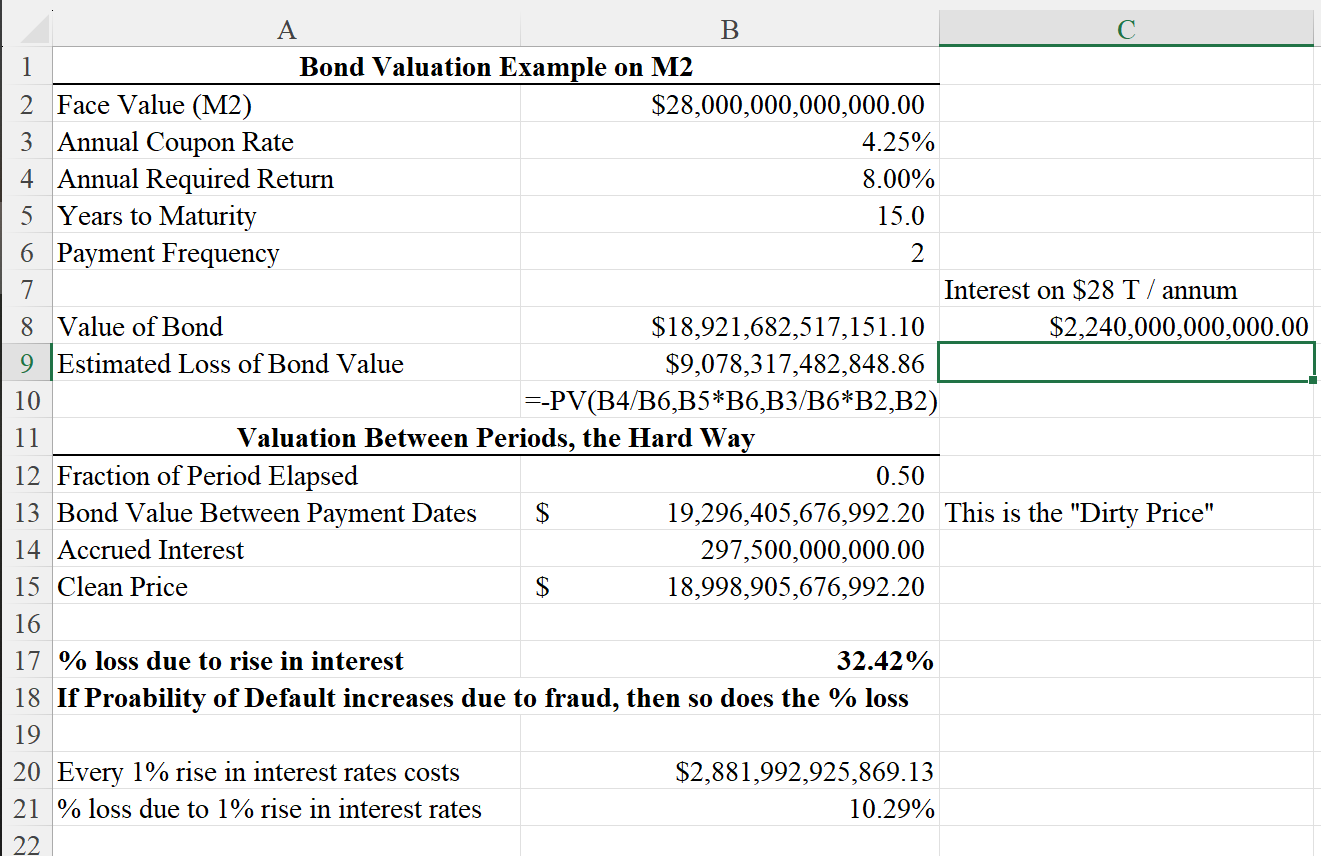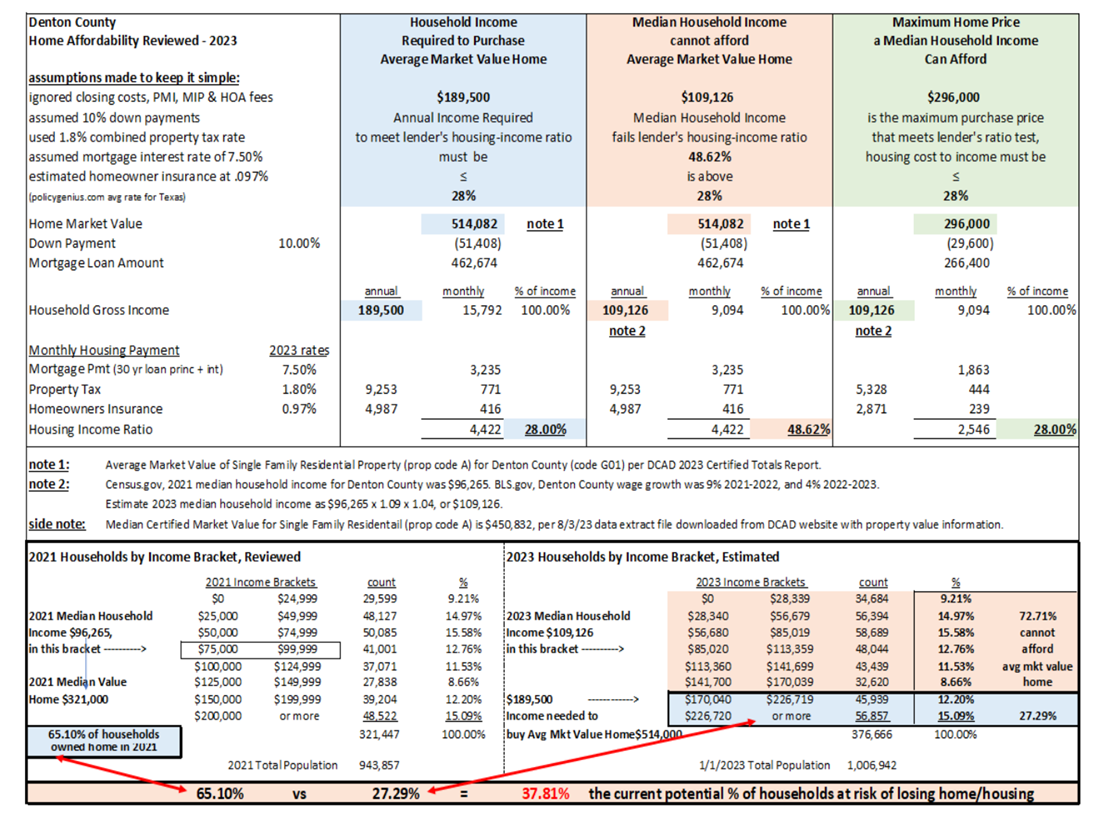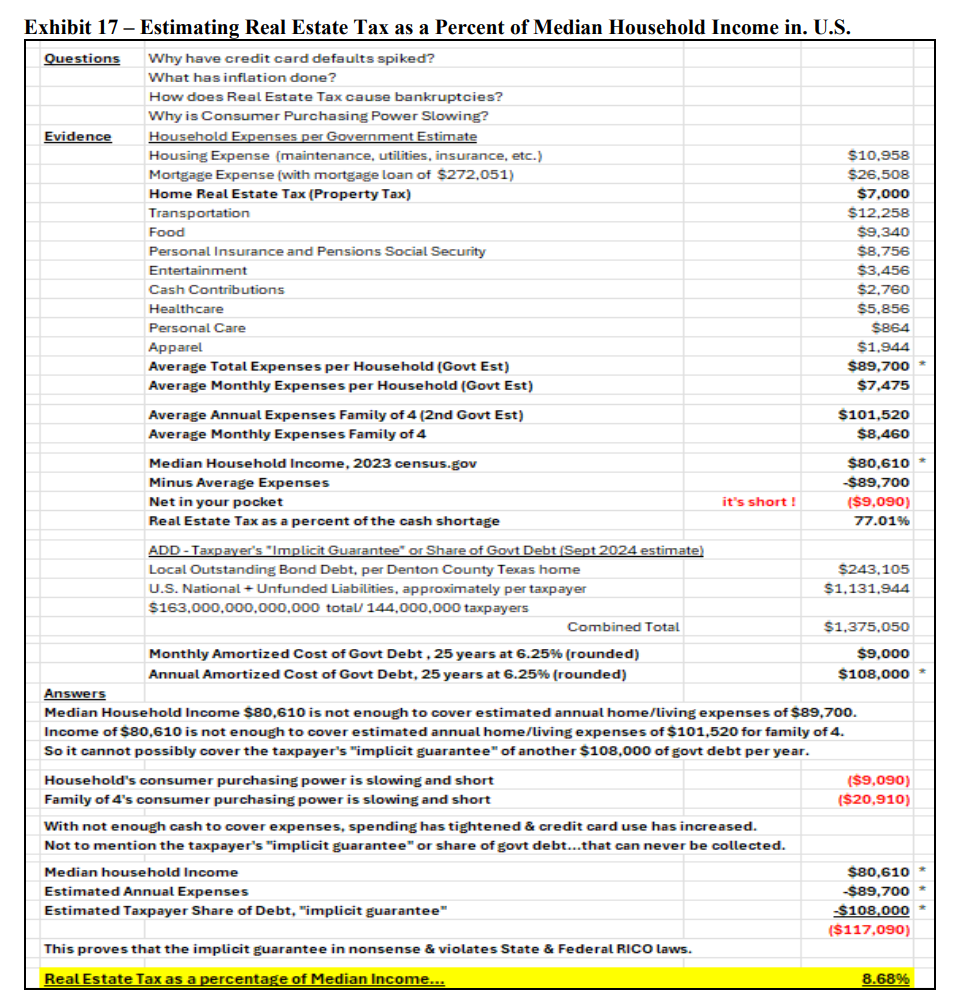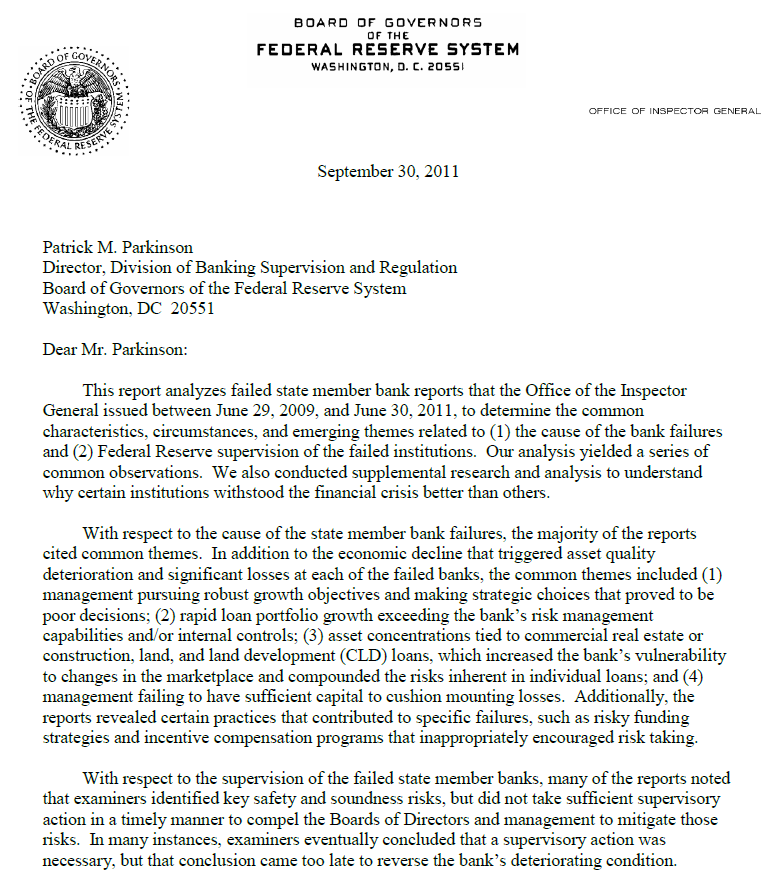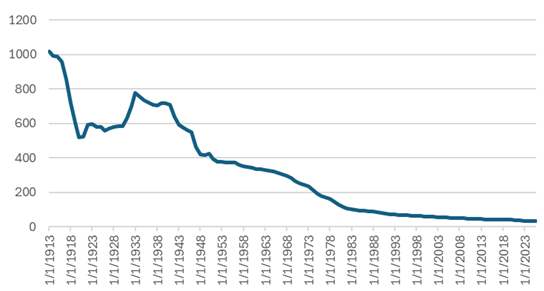The Rule of Law
August 12, 2025
The Rule of Law is a principle stating that all individuals and institutions are subject to the same laws, ensuring equality and preventing arbitrary governance. It is fundamental to democracy, promoting justice, accountability, and the protection of rights.
Understanding the Rule of Law
The rule of law is a fundamental principle that ensures all individuals and institutions are accountable to the same laws. It emphasizes that no one is above the law, promoting equality and fairness in legal processes.
Key Principles of the Rule of Law
- Accountability: Both government and private actors must be accountable under the law.
- Just Law: Laws should be clear, publicized, stable, and applied evenly, ensuring human rights are protected.
- Open Government: Legal processes must be accessible, fair, and efficient, allowing public participation.
- Accessible Justice: Justice should be delivered timely by competent and impartial representatives.
Importance of the Rule of Law
- Equality: It ensures that all individuals, regardless of status, are treated equally under the law.
- Protection of Rights: It safeguards human rights and fundamental freedoms, fostering a just society.
- Political Stability: A strong rule of law contributes to political stability and economic development.
- Prevention of Abuse: It curbs corruption and the arbitrary use of power by establishing clear legal frameworks.
Historical Context
The concept of the rule of law has roots in ancient civilizations and has evolved over centuries. It is closely linked to constitutionalism and contrasts with the "rule of man," where power is exercised arbitrarily.
In modern governance, the rule of law is essential for maintaining democratic institutions and ensuring that laws are applied fairly and consistently.

